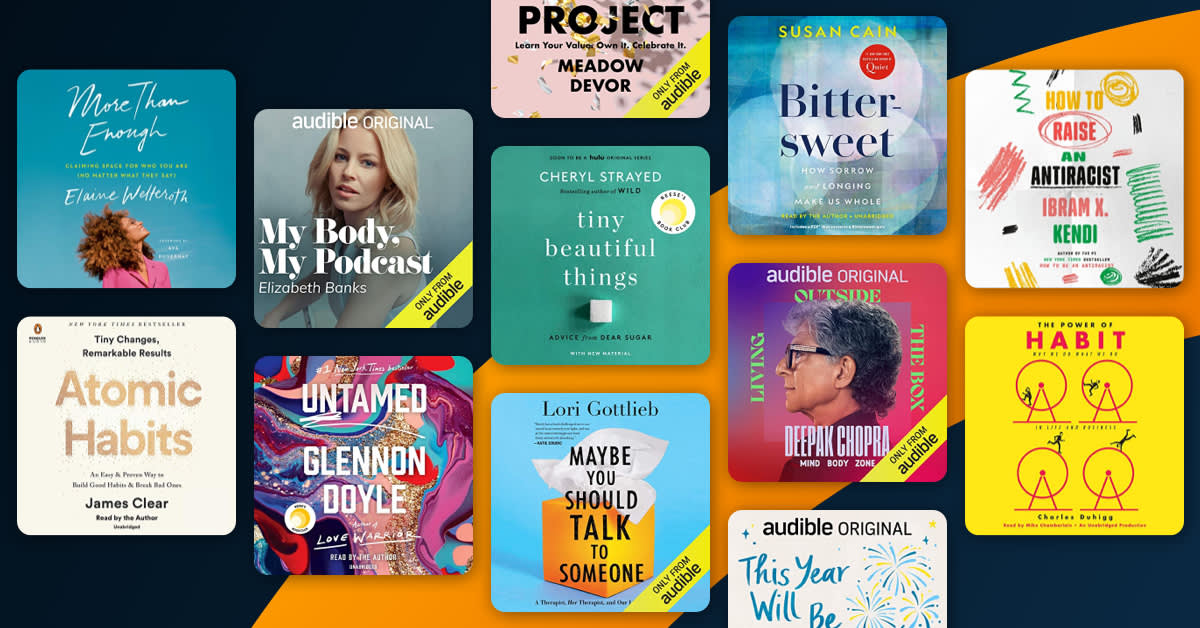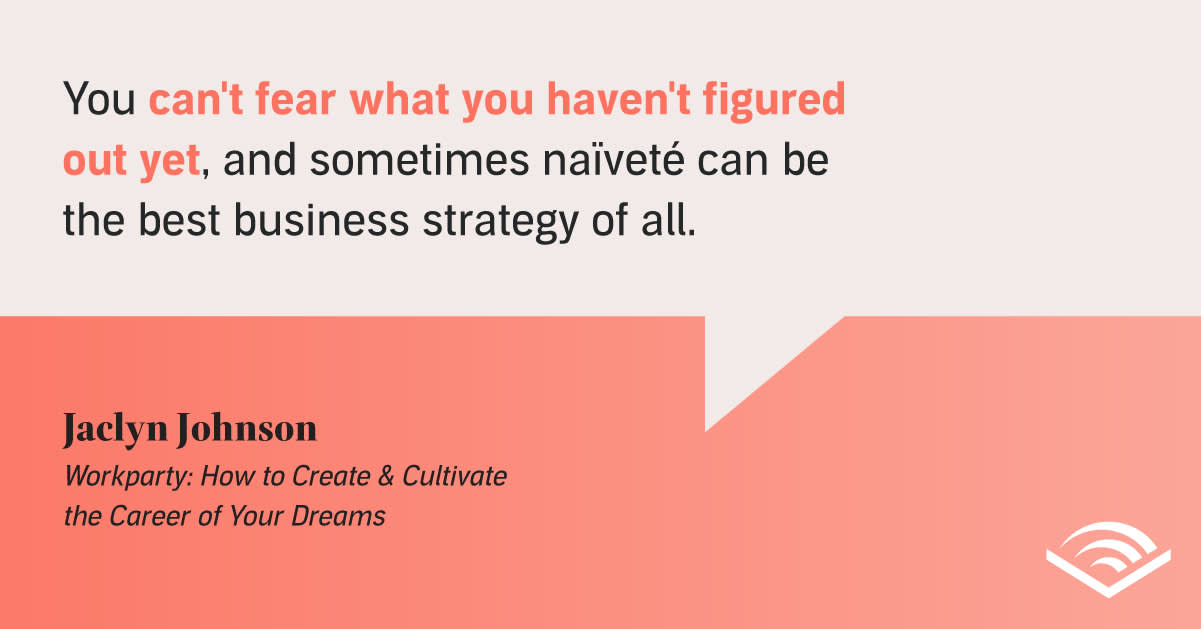I recently had the opportunity to ask Jodi-Ann Burey a few questions about her new audiobook, Authentic. Drawing from pop culture, academic research, and interviews with professionals of color, Burey challenges the corporate narrative of "bringing your full authentic self to work," arguing that this seemingly inclusive approach often puts marginalized employees at risk in environments not built for their well-being.
In this Q&A, she delves into the myth of authenticity, provides helpful strategies for navigating bias, and proposes systemic changes needed to create truly inclusive work environments. Burey offers a fresh perspective on self-care, allyship, and the collective action she believes is required for marginalized employees to reclaim their agency in the face of persistent discrimination.
Rachael Xerri: Can you briefly define what you mean by “the myth of authenticity” to listeners who may be new to hearing this phrase?
Jodi-Ann Burey: “Bring your full authentic self” or “come just as you are” have been prominent institutional narratives to encourage diversity and inclusion within the workplace. The belief follows that modern work culture will evolve as more people of color, women, queer, disabled, and others who are marginalized and underrepresented reveal their “truer selves” and not code-switch or use other masking strategies to downplay their differences. This is the myth of authenticity. It’s the belief that personal self-expression functions like a contagion, spreading person to person until it transforms the institution.
Even now as occupational violence against us increases with brutal force, many expect we can fight authoritarianism with representation. But visibility is not justice, nor is it sustainable. It takes very little for institutions to change course. The same companies that positioned themselves as leaders in diversity and inclusion abandoned their programs the moment it was no longer convenient, popular, or profitable. Once political incentives change, they have readily supported unjust and unlawful labor practices that target their most vulnerable workers.
What career advice do you have today for employees of marginalized identities on how to navigate bias in the workplace?
#1 - Build your documentation practices. People who face racism, sexism, ableism, and other forms of occupational violence should document discriminatory interactions as they occur. We live in an increasingly litigious country, and although it can be mentally and financially prohibitive to pursue legal action, you just never know what may escalate.
#2 - Become an access thief. One of my favorite concepts discussed in Authentic is access thievery, proposed by crip theorist J. Logan Smilges in his book, Crip Negativity. Smilges describes access thievery as “the crime of stealing access produced by the crime of systemic marginalization.” Instead of wasting time advocating for ourselves with institutions that willfully fail to meet our access needs, access thievery refers to how we “steal” back time, energy, and more for ourselves within existing norms of working.
#3 - Build a professional community beyond the institutional gaze. Our interpersonal interactions at work face increasing managerial and technological surveillance. Building mutual and caring relationships with trusted circles both within and outside of your professional field can help us maintain our sense of self, keep us accountable to our values, and share information and strategies.
"'Authentic' imagines an audience that is deeply invested in understanding how we are all injured—physically, psychologically, and morally– by systems of inequity."
What changes would need to happen now in order for people with marginalized identities to be able to bring their authentic selves to work?
The federal targeted attacks on Black, brown, disabled, queer, trans, women, and other marginalized workers have been unconscionable. As if that hasn’t been horrifying enough, we’ve watched employers across industries preemptively comply by constricting visibility and opportunity from the most vulnerable among its workforce. This is not about people not being nice, which is what I think too many people associate with conversations about workplace discrimination and identity. This is about unjust and unlawful labor practices. It’s about protecting our ability to care for ourselves and loved ones, no matter who we are or what we do for work. Employers already know what they need to do to protect the people they employ. Perhaps, together as industry and sector leaders, they can work to find the moral courage to do so.
Any advice for how employees can practice self-care while navigating an increasingly challenging environment?
For the most part, we’ve been taught to understand “self-care” through consumerism (retail therapy, massages, vacations, etc.) or important, though often costly, health support practices (going to therapy, acupuncture, joining a gym, etc.). The best self-care employees can practice right now is to join a union. If they cannot join a union, start one. If they cannot start a union, employees must find ways to build trusting care networks beyond the institutional gaze.
How can allies help?
The word “allies” is written only twice in Authentic. The first mention is found in a discussion about the CIA’s 1944 Simple Sabotage Field Manual created to train foreign-based civilians to commit “inconspicuous acts of purposeful stupidity” in support of the Allies in World War II. I was shocked to find how the strategies for organizational sabotage aligned so closely with how many workplaces institute DEI programs: lots of speeches, large committees, and haggling over precise wording, etc. The second mention is in a later discussion about the costs and limits of representation, specifically the contorting that highly visible Black politicians did in pursuit of their political standing and against the interests of Palestinians and their allies.
All that to say, Authentic does not divide its audience in expected groups: those who are harmed, those who commit harms, and those who want to help. Instead, Authentic imagines an audience that is deeply invested in understanding how we are all injured—physically, psychologically, and morally– by systems of inequity.




